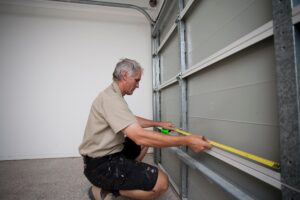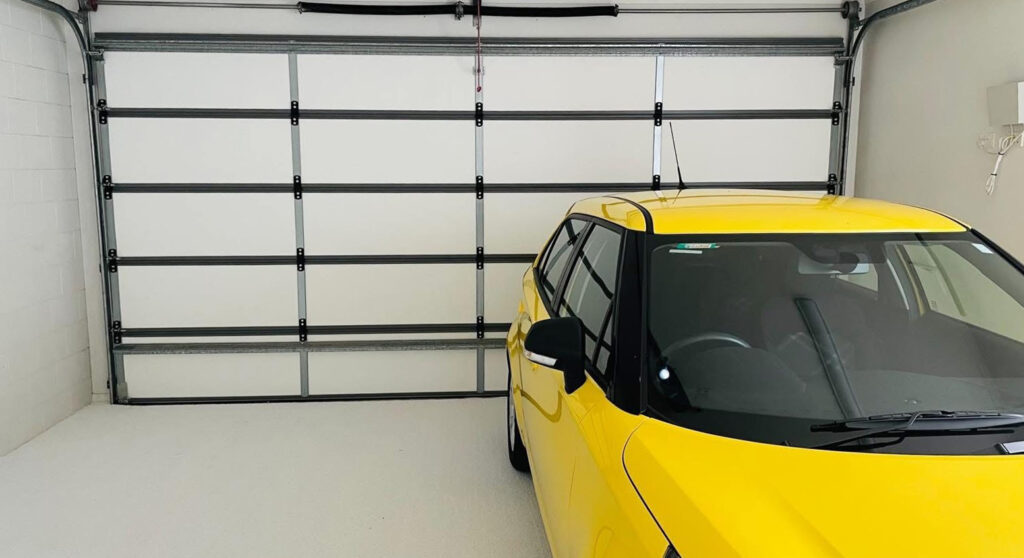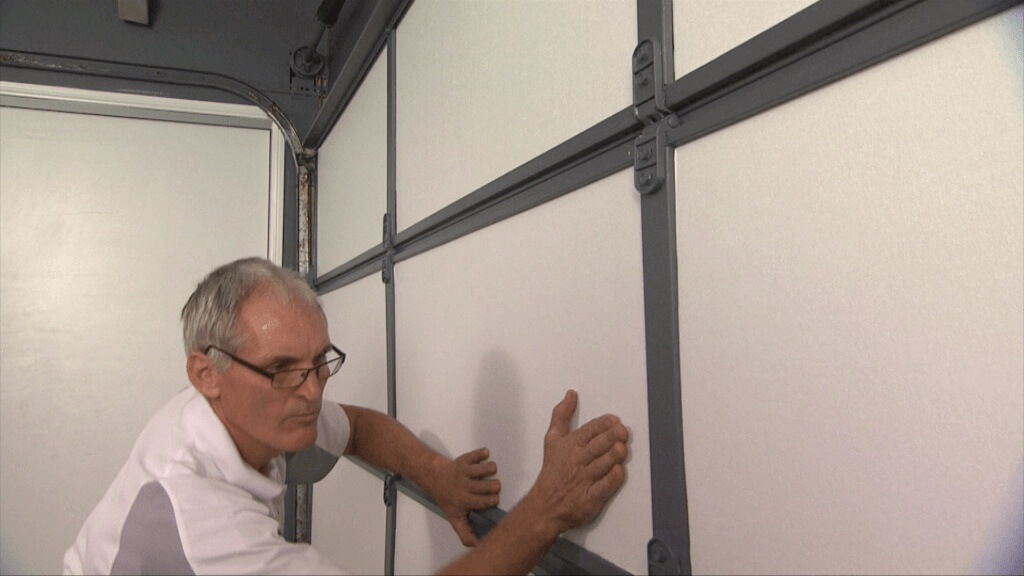
Peter is a licensed builder with over 45 years of experience in the construction industry. In 2012, his expertise in energy efficient construction inspired the invention of ThermaDoor Premium garage door insulation - the original purpose made garage door insulation in Australia.
During the research and development phase of ThermaDoor Premium garage door insulation, we tested every core material we could identify, including open cell insulation products in garage doors.
Here’s what we discovered, and why ThermaDoor Premium still relies on a closed cell, water resistant core over a decade later.
Open cell products are soft, breathable blankets you’d normally tuck inside framed walls or ceilings. They include products such as:
They’re brilliant at insulating and soaking up noise when kept dry and shielded behind plasterboard or cladding – but that’s a very different environment from the back of a thin steel garage door.
Across multiple brands, three consistent cautions appear:
These aren’t marketing slogans. They’re printed in every open cell installation manual we checked.
Thin steel cools quickly, so humid air inside the garage can condense on the door skin.
Moisture wicks straight into the fibres and stays there – conditions the products were never tested for.
Wind-blown rain or wash downs can reach the panel edges, keeping the fibres damp for days.
This is particularly relevant to tropical and sub-tropical areas of Australia such as Brisbane, Sunshine Coast, Gold Coast and Hervey Bay.
Moisture trapped in insulation leads to hidden mould, rust, sagging panels and steady loss of thermal performance.
In summary, an R-value measures how well insulation resists heat flow. The higher the number, the better its thermal performance. To understand about R-values as they relate to garage door insulation, you can read Best R-Value for Garage Door Insulation Australia (Explained).
Most 25mm acoustic wall panelling list an ‘estimated‘ thermal value of only around R0.7 – and that’s inside a wall cavity, not on a vibrating metal panel prone to thermal bridging. We could not identify any published garage door specific calculations to prove higher figures for these products.
“Has this products R-value been determined specifically for garage doors?”
If the supplier can’t show these reports specific to garage doors, the R-value probably isn’t verified for this use. This means you could end up with poor thermal performance and a garage that still feels like an oven (or a fridge).

If you require a copy of our testing data, we invite you to contact us.
At ThermaDoor we want you to do your own research before investing in garage door insulation and come back to us with the hard questions. To get you started, we have created a Buyers Checklist that will assist you to ask the correct questions when shopping around for garage door insulation.
Open cell insulation in garage doors is not recommended. Open cell products like fibreglass batts or polyester acoustic panels are designed for walls and ceilings, where they stay dry and protected. A garage door is a thin steel surface exposed to daily temperature swings and condensation. When moisture soaks into open cell insulation, it loses performance, creates mould, and can damage the door. For long-lasting results, use a closed cell, water-resistant insulation such as ThermaDoor Premium, which is purpose-built for garage doors.
If garage door insulation gets wet, performance drops dramatically. Open cell insulation in garage doors can hold onto moisture, leading to hidden mould, rust, sagging panels, and odours. Because garage doors are exposed to condensation, rain, and wash-downs, moisture damage can easily occur with open cell materials. Closed cell insulation, like ThermaDoor Premium, resists water absorption and includes a laminated moisture barrier to keep your garage safe, clean, and thermally efficient.
The best insulation for garage doors is a closed cell, purpose-made system that is tested specifically for garage doors. Unlike open cell insulation in garage doors, which is prone to moisture issues and poor R-values, closed cell systems such as ThermaDoor Premium deliver verified R-values (R1.48 winter / R1.43 summer), a laminated finish, an air gap, and full compliance with Australian Standards. This ensures durability, energy efficiency, and a cooler garage in summer and warmer garage in winter – claims that are all backed by thermal engineering reports.
Disclaimer – This article is general in nature. Always consult current manufacturer instruction and relevant Australian Standards for your project. For compliance critical installations, ThermaDoor recommends engaging a qualified professional.

Call, text, or send an enquiry below to see if we have an installer in your area.
"*" indicates required fields